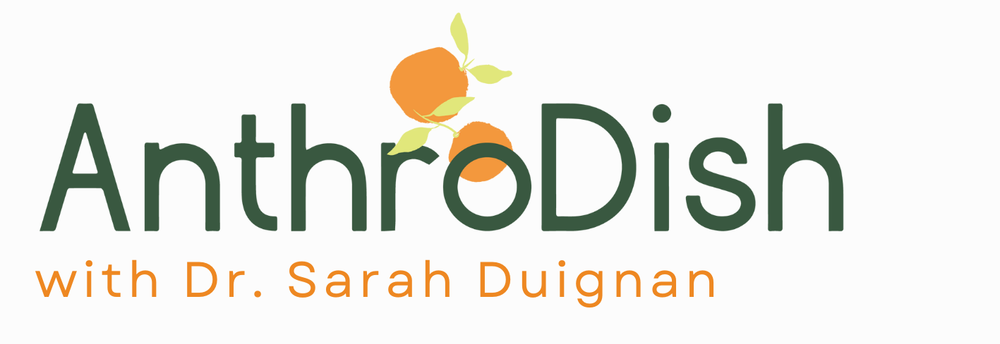Anytime I get to talk about water and seafood on this show feels like a really special week for me, as I have spent most of my life thinking about how we connect with or form relationships around water. My guest, Dr. Jayson M. Porter, this week takes a really nuanced approach to this through a recent article he wrote called Fish Hacks for Distillations, which is a magazine and podcast that covers science’s historical impact on culture and society. In his article, he looks at a fish called porgy, which has often been dismissed as a “trash fish” but holds an important anchor in Black maritime culture in America.
Jayson is an environmental writer and historian at the University of Maryland, College Park, and the Institute at Brown of Environment and Society. His research specializes in environmental politics, science and technology studies, foods ystems, and racial ecologies in Mexico and the Americas. He is also an editorial board member of the North American Congress for Latin America (NACLA) and Plant Perspectives: An Interdisciplinary Journal. Outside of academia, he loves to connect with other black environmental educators, write creative non-fiction stories, and design environmental-literacy curricula for broader audiences of all ages.
In today’s episode, he shares some of the stories and lenses he brought to writing this article, how he wove his family’s personal histories through his Poppy’s fish hacking with the broader ecology of ocean landscapes, Black-operated fisheries, and explores the nuances (and limits) of scientific and historic knowledges that can shape the questions we ask about our individual and collective pasts.
Learn More About Jayson:
Read the Fish Hacks article in Distillations: https://www.sciencehistory.org/stories/magazine/fish-hacks/
Twitter: @jaysonmauriceporter
Email: jayson_porter@brown.edu

